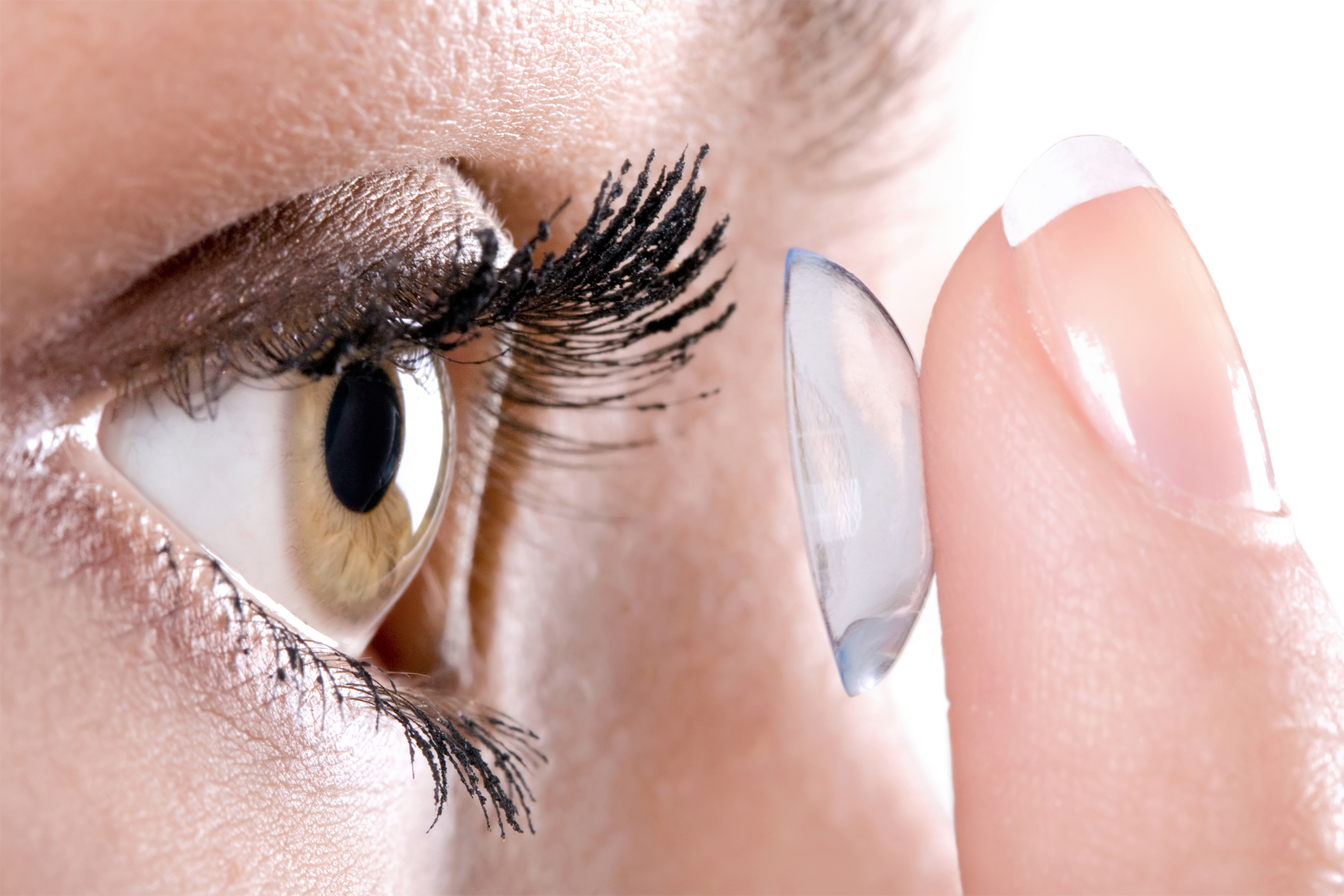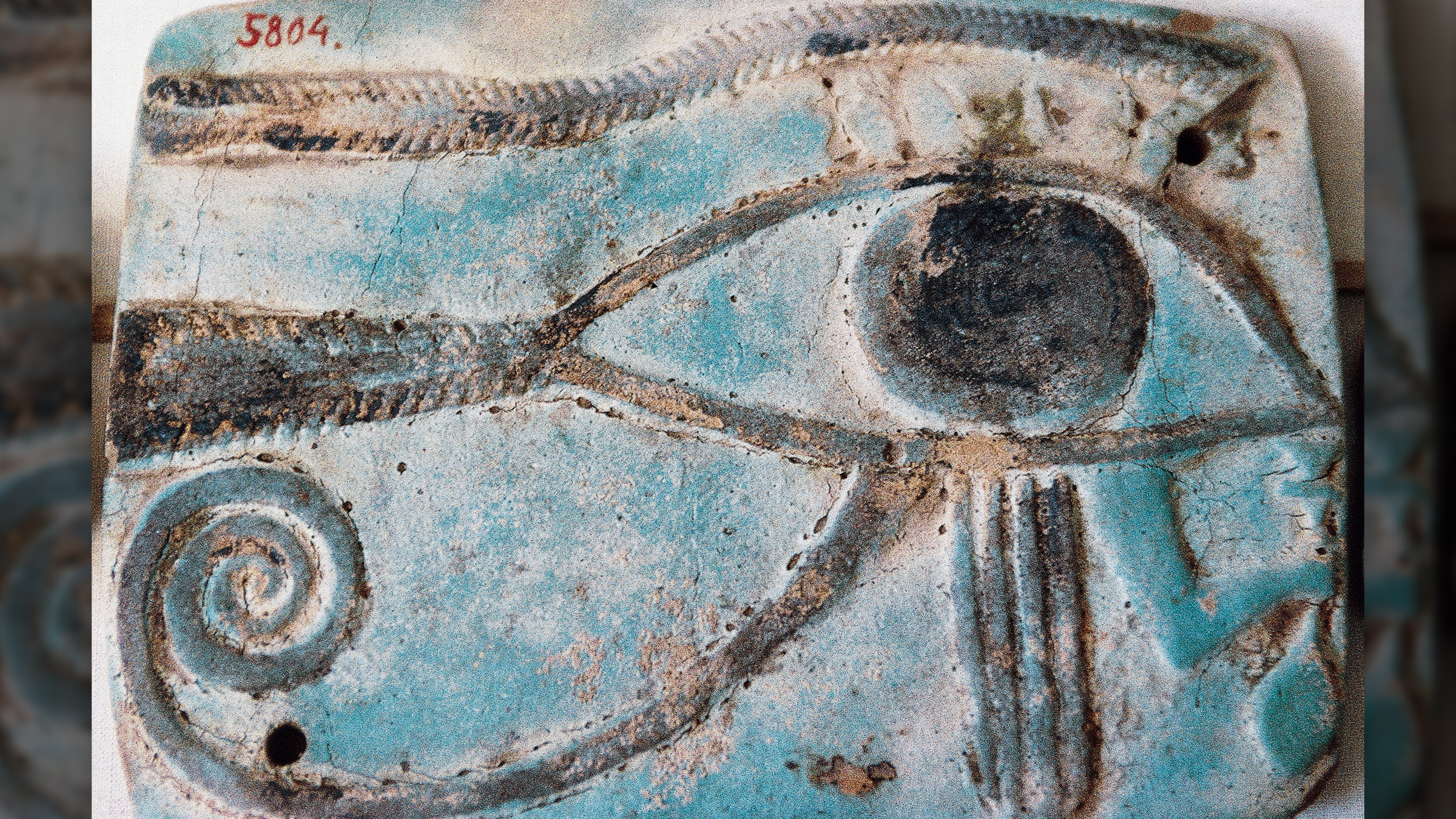Threat of Contact Lenses Causing Blindness Is Overblown

A pair of British scientists is warning of a cornea-eating amoeba that threatens to blind contact lens wearers the world over.
"It's absolutely everywhere," said Professor Craig Roberts at the British Science Festival in Aberdeen, Scotland, according to the Daily Mail, whose headline claims “millions of contact lens users are at risk of eye-devouring amoeba.”
Roberts, who is working with Fiona Henriquez of the University of West Scotland to develop better contact lens cleaning solutions, is referring to the microscopic Acanthamoeba.
He's right about the single-celled organism's ubiquity. It can be found in soil, in the ocean, and in tap water and swimming pools.
But before contact lens users start considering a switch to glasses, they should know that Acanthamoeba keratitis, the potentially blinding eye infection that can be caused by the amoeba, is extremely rare.
A 2009 report from the CDC estimated that in the United States, the annual incidence of the infection is one to two cases per million contact users (there are roughly 36 million contact users in the United States, according to a 2008 figure from Johnson & Johnson Vision Care).
And there are some simple steps that contact lens users can take to try to avoid being the one in a million. These include:
Sign up for the Live Science daily newsletter now
Get the world’s most fascinating discoveries delivered straight to your inbox.
· Wearing and replacing contact lenses according to the schedule provided by their eye care provider.
· Never washing contact lenses with tap water.
· Removing lenses before going swimming or taking a shower.
Though Acanthamoeba keratitis poses the greatest risk to contact lens users, who aid the organism's chances at survival if they trap it on the eyeball's outer layer with a contact lens, it can be contracted by anyone. Symptoms include eye pain, eye redness, sensitivity to light and blurred vision and should be reported to an eye care provider immediately, as early diagnosis is essential for effective treatment.
Follow Life's Little Mysteries on Twitter @llmysteries. We're also on Facebook & Google+.











